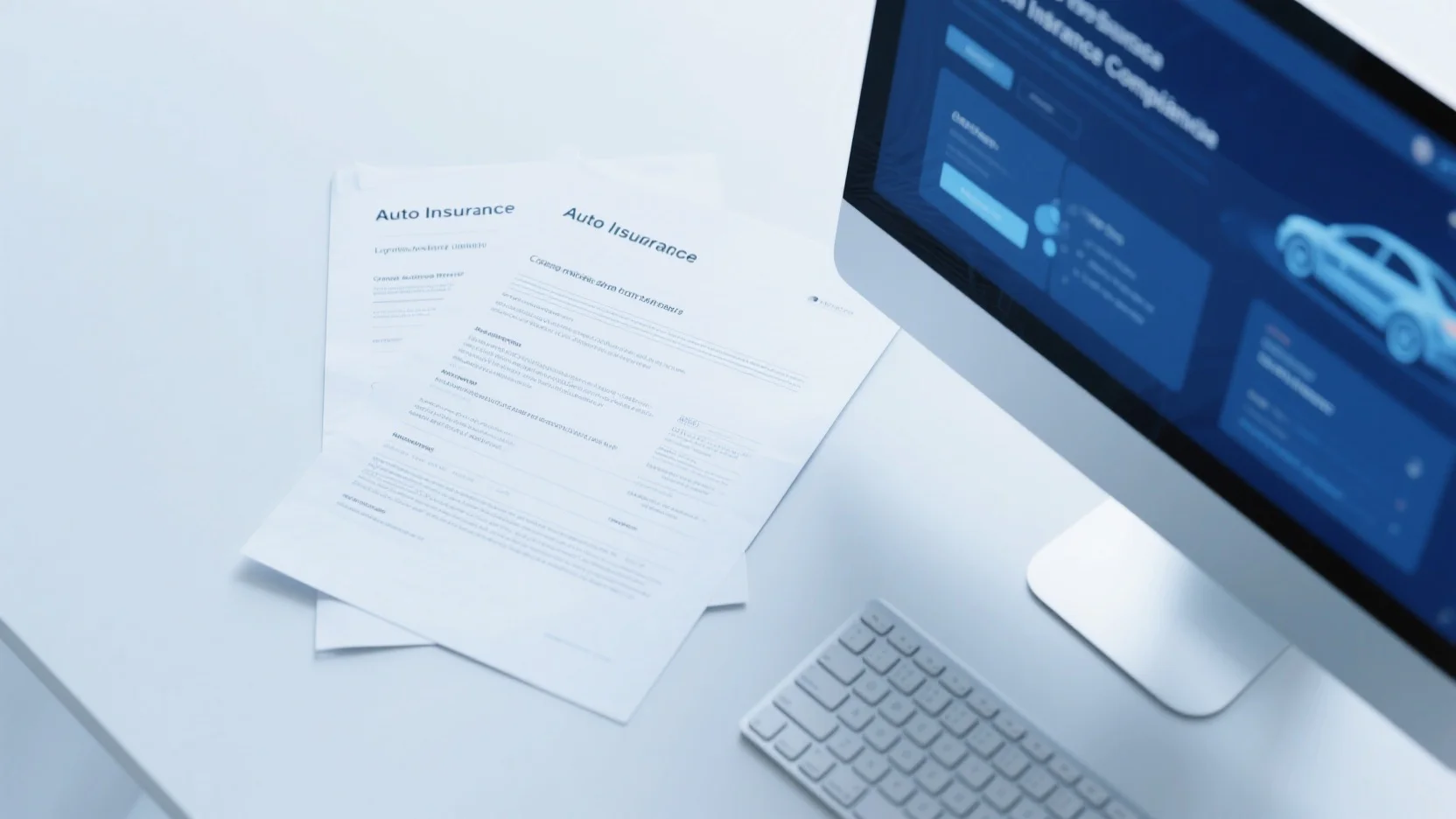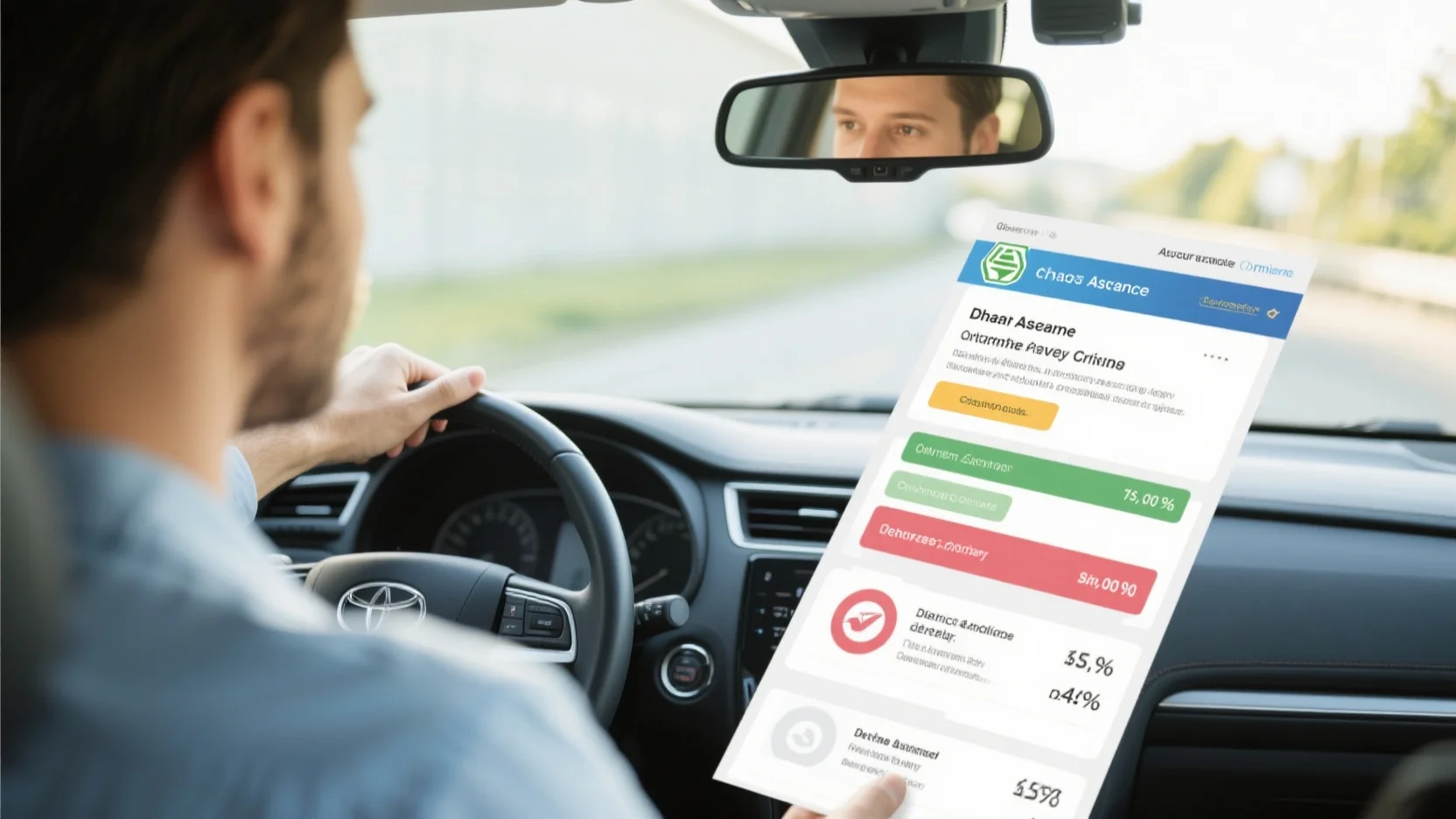
How to Lower Car Insurance Using Proven Strategies

Image Source: pexels
A speeding ticket can significantly impact your car insurance rates. Insurers often review your driving record during policy renewals, and violations like speeding may lead to higher premiums. Factors such as your driving history, the severity of the violation, and the insurer’s policies determine the increase. Knowing how to lower car insurance after a speeding ticket can save you money and stress.
Key Takeaways
- Call your insurance company after a speeding ticket. Ask how it affects your costs and ways to save money.
- Take a defensive driving class to remove points from your record. This might also get you insurance discounts.
- Check your driving record often for mistakes. Fixing errors can lower your insurance costs.
How to Lower Car Insurance After a Speeding Ticket: Immediate Actions

Image Source: pexels
Contact Your Insurance Provider
After receiving a speeding ticket, your first step should be to contact your insurance provider. Open communication allows you to understand how the ticket may impact your premiums. Insurers often recommend specific actions to minimize the financial burden. For example:
- Stay calm and gather all relevant details, such as the citation number and the officer’s name.
- Assess the ticket’s implications, including potential points on your license.
- Discuss whether hiring a lawyer might help reduce charges.
Your insurer may also provide guidance on defensive driving courses or other programs that could mitigate the ticket’s impact. Taking proactive steps early can prevent surprises during policy renewal.
Explore Defensive Driving Courses
Completing a defensive driving course is one of the most effective ways to reduce the impact of a speeding ticket on your insurance. Many states allow these courses to remove points from your driving record, which can help keep your premiums low. Discounts for completing such courses typically range from 2% to 10%. For instance, in Texas, a 2% discount on an average premium of $1,810 saves about $36 annually, while a 10% discount could save $181. Over time, these savings add up significantly. Check with your insurer to confirm if they recognize state-approved courses and offer discounts for completing them.
Check for Errors on Your Driving Record
Errors on your driving record can unnecessarily inflate your insurance rates. Request a copy of your driving history to ensure its accuracy. Common mistakes include incorrectly recorded speeding tickets or outdated violations. If you find an error, contest it by contacting your local government or hiring an attorney if necessary. Removing inaccuracies can lower your premiums and improve your overall driving profile. Additionally, maintaining a clean record over time will help offset the impact of past violations.
Taking these immediate actions can help you understand how to lower car insurance after a speeding ticket and minimize its long-term effects on your finances.
Proven Strategies to Lower Car Insurance Rates
Shop Around for New Insurance Providers
Insurance rates vary significantly between providers. Shopping around allows you to compare quotes and find the best deal. Many insurers offer competitive rates to attract new customers, especially if your driving record has improved over time. Use online comparison tools or contact agents directly to explore your options. When comparing policies, focus on both cost and coverage quality. Avoid the mistake of prioritizing the cheapest option without considering the service level. Switching providers can save you hundreds of dollars annually, especially if your current insurer penalizes you heavily for a speeding ticket.
Bundle Insurance Policies
Bundling your insurance policies is a proven way to reduce costs. Many insurers offer discounts when you combine auto insurance with homeowners or renters insurance. For example:
- Bundling home and auto insurance can save you an average of $1,273 annually, which equals about $106 per month.
- Some programs, like Drive Safe & Save®, may provide additional discounts of up to 30%.
- Other sources suggest potential savings of $348 annually from bundling policies.
These savings can offset the premium increase caused by a speeding ticket. Contact your provider to learn about bundling options and ensure you maximize available discounts.
Increase Your Deductible
Raising your deductible is another effective strategy to lower your car insurance premiums. A higher deductible reduces the insurer’s risk, which often translates to lower monthly payments. For instance, increasing your deductible from $500 to $1,000 can lead to significant savings. However, ensure you can afford the higher out-of-pocket cost if you need to file a claim. This approach works well if you have a good driving record and rarely need to make claims. By balancing your deductible with your financial situation, you can manage your premiums more effectively.
These strategies, combined with safe driving habits, can help you understand how to lower car insurance after a speeding ticket and maintain affordable rates over time.
Long-Term Solutions to Maintain Lower Car Insurance Rates
Practice Safe Driving Habits
Adopting safe driving habits is one of the most effective ways to maintain lower car insurance rates over time. Insurers reward drivers with clean records through discounts and reduced premiums. To achieve this, you should:
- Avoid distractions, such as texting or using hands-free technology.
- Obey traffic rules, including wearing seat belts and using turn signals.
- Consider taking defensive driving courses to enhance your skills and qualify for additional discounts.
Maintaining a good driving record not only ensures your safety but also leads to significant savings. Drivers who remain accident-free for five years often receive substantial discounts on their premiums. By consistently practicing safe driving, you can enjoy long-term financial benefits.
Take Advantage of Discounts
Insurance providers offer a variety of discounts that can help you save money. Some of the most common discounts include:
- Safe driver and good driver discounts.
- Accident-free and violation-free discounts.
- Multi-car and bundling discounts for combining policies.
- Paid-in-full discounts for paying your premium upfront.
You should regularly review your policy and ask your insurer about available discounts. For example, completing a driving education program or maintaining a claims-free record can unlock additional savings. Staying informed about these opportunities ensures you maximize your cost-saving potential.
Monitor Your Credit Score
Your credit score plays a crucial role in determining your car insurance premiums. Approximately 92% of insurers use credit-based insurance scores to assess risk. A good credit score can lead to lower premiums, while a poor score may result in higher costs. To improve your credit score:
- Pay down high-interest debt and bring late accounts current.
- Make timely payments on all bills.
- Use free credit monitoring tools to track your progress.
Improving your credit score not only reduces your insurance rates but also helps you qualify for better financial products, such as loans and credit cards. By prioritizing your credit health, you can achieve long-term savings and financial stability.
Taking immediate action after a speeding ticket is crucial to minimizing its impact on your insurance rates. You can:
- Fight the ticket to reduce or dismiss charges.
- Complete a defensive driving course to remove points.
- Shop around for better insurance options.
Tip: Maintaining a clean driving record ensures long-term savings and lower premiums.
By adopting safe driving habits and exploring discounts, you can effectively manage your insurance costs over time.
FAQ
How long does a speeding ticket affect your car insurance rates?
A speeding ticket typically impacts your insurance rates for three to five years. The exact duration depends on your state laws and the insurer’s policies.
Can you lower car insurance without switching providers?
Yes, you can. Ask your current insurer about discounts, bundle policies, or complete a defensive driving course to reduce your premiums without changing companies.
Do all insurers consider credit scores when determining rates?
No, not all insurers use credit scores. However, most do. Check with your provider to understand how your credit score influences your premium.
Tip: Regularly review your policy and driving record to ensure you’re maximizing savings opportunities.
